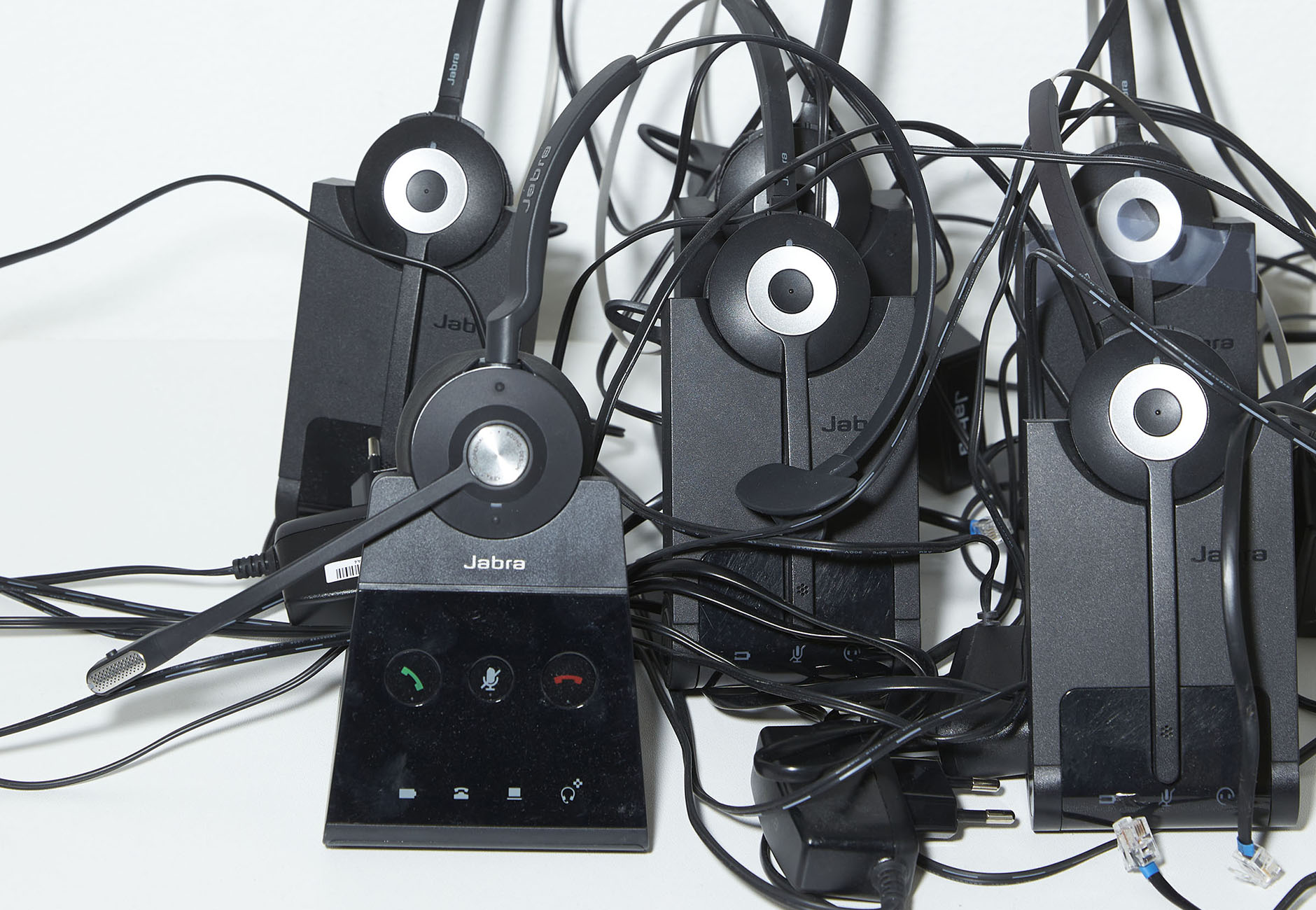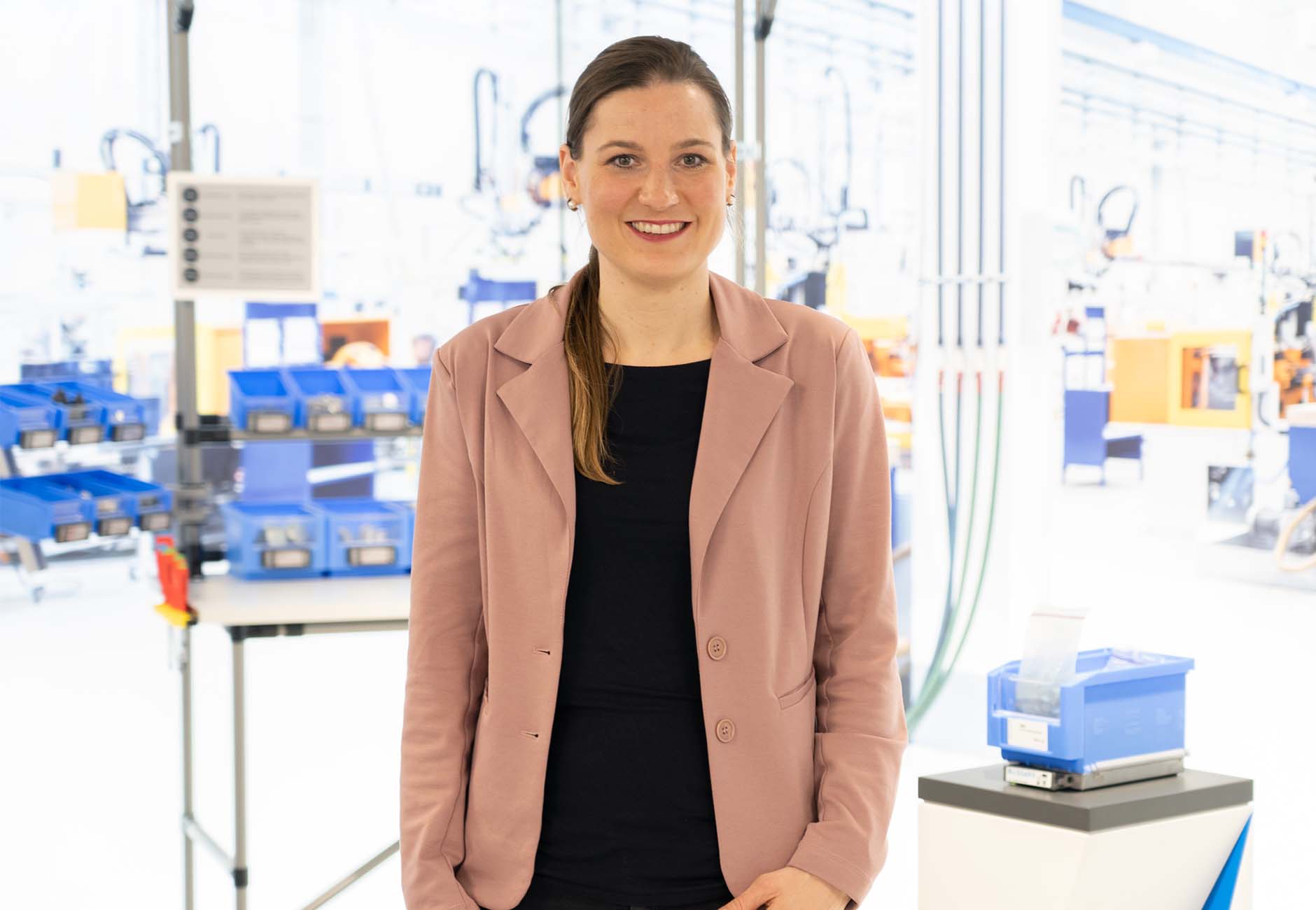Using data and artificial intelligence (AI) is a must nowadays to ensure the success of your business. It can help you to automate processes, tap into new business fields and gain a considerable advantage over your competitors. We will work together with you to develop custom solutions using mathematical methods and machine learning approaches like speech recognition, computer vision and natural language processing. The experienced team of experts at Ergon will help you drive your company forward.
How Ergon boosts your business with data and artificial intelligence (AI)
-
Focuses on the benefits for your business
-
Provides sustainable and reliable solutions thanks to DataOps and MLOps
-
Develops solutions that can be used in any environment: on the edge or in the cloud
-
Ethically works with data and AI to come up with solutions for people and the environment
-
Has expertise in a wide range of industries, including retail, banking and manufacturing – to name but a few examples
Our services in the data and AI sector
Generate genuine added value with data science and artificial intelligence
How you can gain a competitive advantage by using tailor-made data and AI solutions
Needs- and goal-oriented
Generate genuine added value from your data by setting clear goals. Everything we do is based on an exact understanding of your company, your goals and the challenges you face.
Measurable
We take your needs and goals into account and work together with you to come up with quantitative KPIs, which make the business benefits directly measurable and form the foundation of our solution design.
Honest
A potential analysis shows us whether the desired results are actually realistic and achievable. If they are not, we use a gap analysis to define the possible next steps.
The right approach
From statistical analysis and mathematical optimisation to the latest machine learning models: with our engineering-based approach, the problem determines the technological solution. This is how we are able to guarantee outstanding reliability, quality and performance.
Reliable and sustainable
We focus on productive solutions. Thanks to the dedicated DataOps and MLOps infrastructure, the potential solutions that we come up with can be put to the test in a productive environment. This way, we can be sure that our models will also work in the real world. Our job only begins when an approach is live.
How we use data analytics, data engineering and AI
Data and AI come into play wherever traditional software development leaves off. From the data strategy to artificial intelligence – this is how we support you throughout your data journey:
Data strategy
Your data strategy acts as a guide for professional data handling in line with the strategic goals of your organisation. The data strategy tells you what data you should record, cleanse, manage or delete. Identify and prioritise the data in your organisation in a data map and define rules and roles for handling as part of data governance. We can help you to develop your data strategy in a series of workshops and consultations so that your company can fully harness the valuable data that you collect.
Data foundation
Solid data foundation forms the basis of a data-driven business. It helps you to record, validate, store and protect data in a meaningful way. The data foundation is the implementation of the data strategy and is what ensures that the data is available for the analysis and AI. From the technical implementation of data governance to data modelling and operations, we work together with you to build a foundation for using data analytics and AI successfully.
Data analytics
With data analytics, you can gain valuable information from raw data. Dashboards, visualisations and statistical analyses generate useful insights that give you a solid basis for your decision-making processes and AI applications. Real-time dashboards ensure rapid responsiveness, while customer data analysis provides deeper insights into the customer experience. This, in turn, results in greater efficiency and productivity and helps to reduce risks and resource requirements. From interactive dashboards to detailed statistical analyses, we can give your company a boost with data analytics solutions to help you achieve your goals.
Artificial intelligence and machine learning
Machine learning (ML) solves problems that traditional software development cannot. ML approaches can independently identify fraudulent financial transactions or block unusual behaviour in a firewall. AI and machine learning also harbour tremendous potential with regard to user experience – such as when you combine natural language processing and generative AI, for example. Our strengths lie in using state-of-the-art research, which we precisely adapt to the requirements of our customers. We always choose the best approach, and do not shy away from employing complex solutions when necessary. Industrialisation allows us to effectively implement ML approaches for our customers. Our approaches are not short-lived successes. Rather, we build ML models that are not only effective to begin with, but that are improved continuously and that bring long-lasting success.

“Smart ordering has enabled us to reduce express deliveries by 70%, without increasing the stock levels in our warehouses.”






